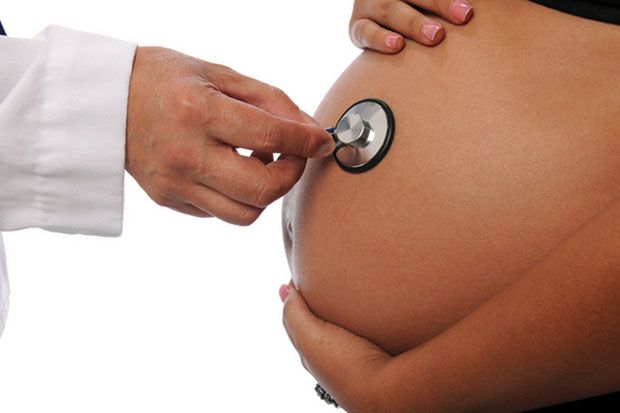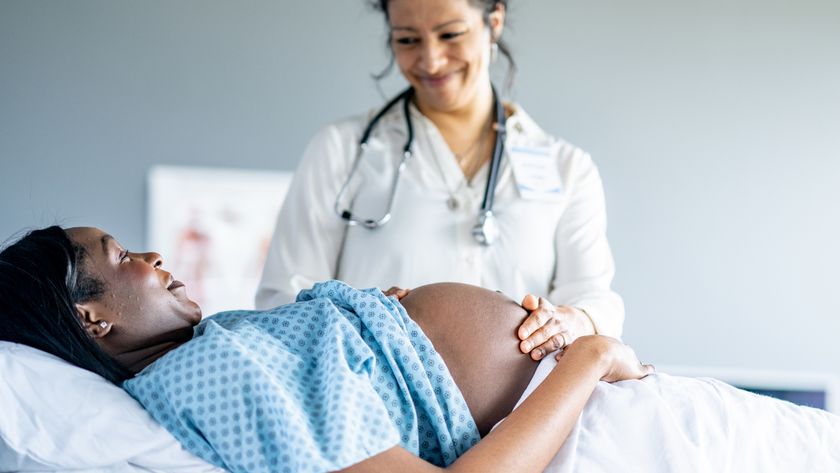Fertility Difficulties Linked to Kids Neurological Problems, Study Suggests

Children whose parents had trouble becoming pregnant may be at increased risk for mild neurological problems, a new study suggests.
The study involved 206 children born to couples who took a long time to conceive. Of these, 122 were conceived with the help of fertility treatment, and 87 were conceived naturally. At age 2, the children took tests designed to assess their neurological development, including tests of motor function, posture, reflexes and eye-hand coordination.
Taking a longer time to get pregnant was linked with a 30 percent increase in the risk of mild neurological problems in the children.
On average, parents of children with these problems took four years to get pregnant, while parents of children who didn't have these problems took about two years and eight months to get pregnant, the researchers said.
Previous studies have linked fertility treatment with an increased risk of complications, such as preterm birth, low birth weight and birth defects. The new study adds to a growing body of research suggesting that low fertility itself, rather than the treatment for it, is responsible for this risk, the researchers said.
However, the new study was small — just 10 children had mild neurological problems, and six had more severe problems. Further research into the link is needed to properly counsel infertile couples, said study researcher Mijna Hadders-Algra, of the University of Groningen in the Netherlands.
Children in the study with mild neurological problems did not necessarily have noticeable impairments in everyday life, Hadders-Algra said. But these children may be vulnerable to learning and behavior problems later in life, she said.
Sign up for the Live Science daily newsletter now
Get the world’s most fascinating discoveries delivered straight to your inbox.
In some countries, including the Netherlands and the United States, the age at which women have their first child is increasing, and older age can prolong the time to pregnancy, Hadders-Algra said.
Dr. Gabriel San Roman, a fertility and reproductive endocrinology specialist at the North Shore Long Island Jewish Health System's Center for Human Reproduction, said that a major weakness of the study is that it did not include a group of parents without fertility problems. This means it's not clear how the rate of neurlogical problems seen in the study compares to that of the general population. In fact, in a previous study, researchers found that the rate of mild neurlogical problems in children of fertile parents was around 10 percent - higher than that seen in the study (7.7 percent).
"Further research needs to be conducted before a maor coclusiosn can be made," San Roman said.
A study published last year found that children conceived through in vitro fertilization (IVF) were at increased risk for birth defects, but most of this risk was due to factors related to the parents who sought this technology, such as the mother's age and conditions in pregnancy.
The new study will be published in an upcoming issue of the journal Archives of Disease in Childhood.
Pass it on: Taking a longer time to conceive may increase the risk of mild neurological problems in children.
Editor's note: This study was updated on March 26 to include quotes from Dr. San Roman.
This story was provided by MyHealthNewsDaily, a sister site to Live Science. Follow Rachael Rettner @RachaelRettner. Follow MyHealthNewsDaily @MyHealth_MHND, Facebook & Google+.

Rachael is a Live Science contributor, and was a former channel editor and senior writer for Live Science between 2010 and 2022. She has a master's degree in journalism from New York University's Science, Health and Environmental Reporting Program. She also holds a B.S. in molecular biology and an M.S. in biology from the University of California, San Diego. Her work has appeared in Scienceline, The Washington Post and Scientific American.

'Love hormone' oxytocin can pause pregnancy, animal study finds

'Mini placentas' in a dish reveal key gene for pregnancy









